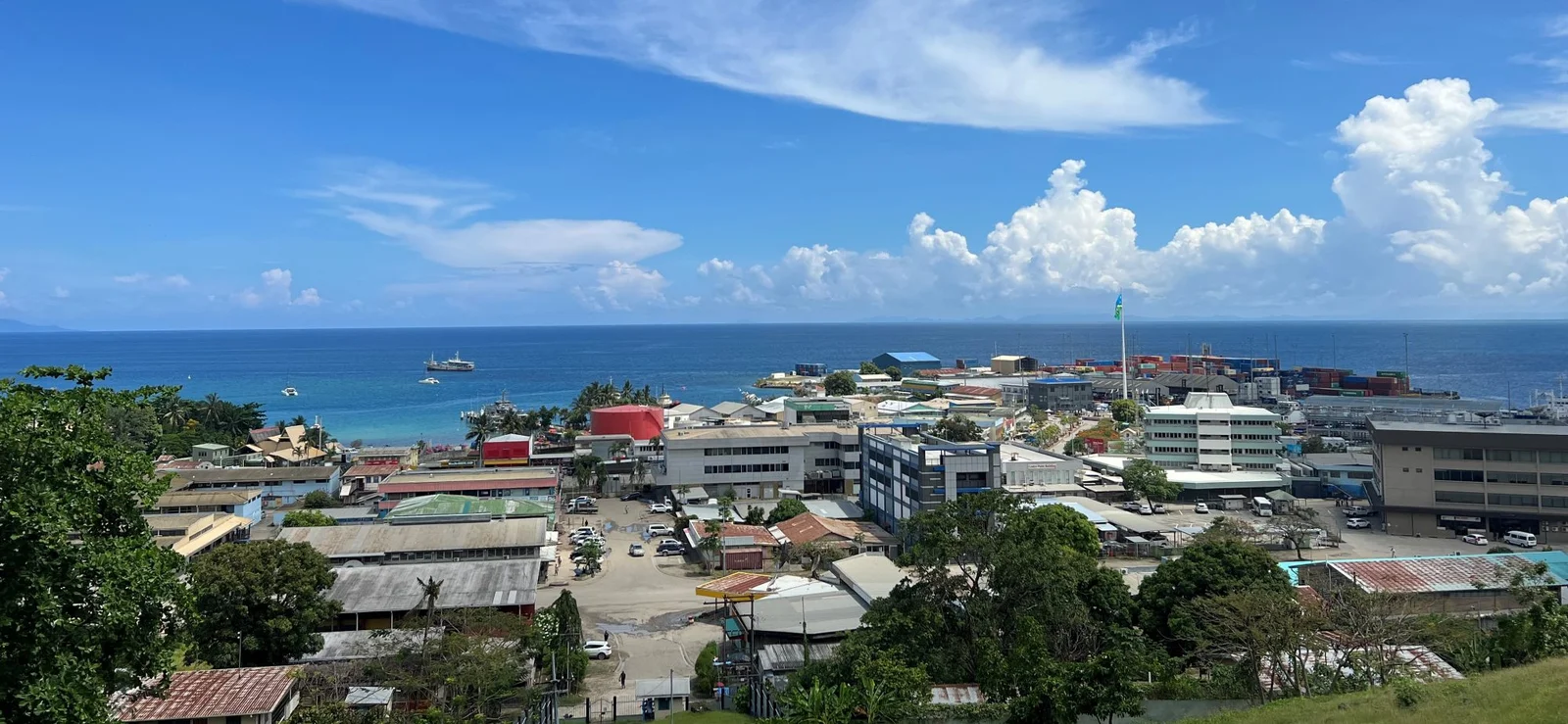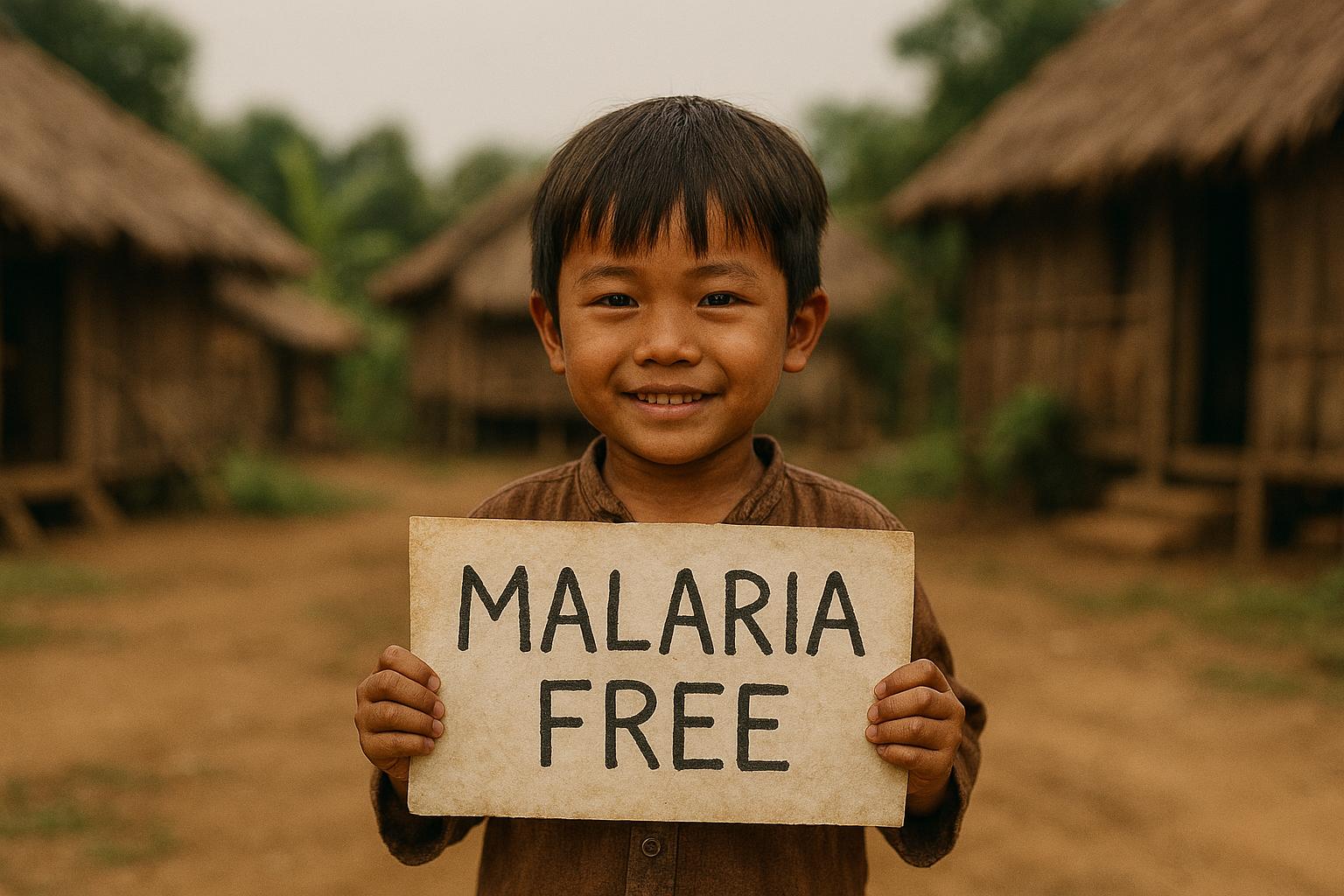
The Government of Australia has launched an Indo-Pacific Health Security Initiative to combat the challenges of existing and emerging infectious diseases, for Australia and for the Asia Pacific region as a whole.
An investment of A$300 million over the next five years will support efforts to prevent and contain disease outbreaks that have the potential to cause large scale economic impacts on a national, regional or global level. This new initiative will help to build resilient and sustainable human and animal health systems and strengthen regional preparedness for existing and emerging health threats. In the region, such threats include highly pathogenic avian influenza, for example, as well as drug-resistant forms of tuberculosis and malaria.
Led by the new Indo-Pacific Centre for Health Security within the Department of Foreign Affairs and Trade, the initiative will both strengthen health systems and expand investment in research and partnerships, with the ultimate goal of mitigating the social and economic risks of a major disease outbreaks.
Accelerating health security research to develop new diagnostics, medicines and delivery systems, and support practical, applied research into health systems and policy.
Establishing new health security partnerships to provide practical support to collaboration and cooperation at the global, regional and national levels, with a particular view to strengthening human and animal health systems and improving capacity to address health security challenges as they emerge.
Building a Health Security Corps to undertake placements in government, research institutions and health organizations in the region, to help build capacity and institutional links.
Under the Initiative, up to A$75 million is available to existing Product Development Partnerships to help address drug resistance in tuberculosis and malaria, as well as innovations in vector control approaches.
.svg)









